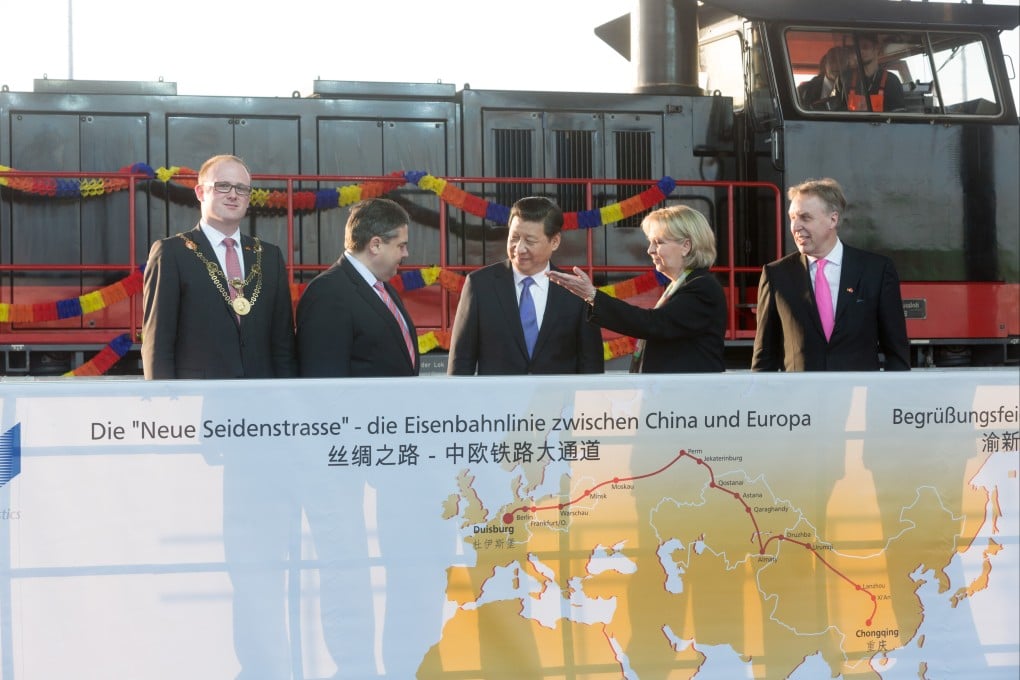China’s belt and road, once a hotspot for European investment, is getting the cold shoulder
- European firms are less likely to finance or participate in infrastructure projects with China, concerned over association with Belt and Road Initiative
- Shifts in political winds, disagreements over methods have reduced interest in cooperation with Chinese partners, though some still see promise

Duisport, the German operator of Europe’s largest inland hub for water and land shipping, has invested US$30 million in a cross-border railway hub in Chongqing, an important logistics node for the initiative – China’s global strategy to enhance regional connectivity through infrastructure.
“China is one of the fields where we see growth potential,” said Duisport Chief Executive Officer Markus Bangen, citing a 15 per cent surge in container traffic related to the country for his company over the past decade.
More Chinese investment is on the way, he said. “China is on the radar”.
Other headline projects include railways, airports and power plants, with firms in France, the Netherlands and the UK pitching in at various levels. Some more indirect aid involved letting China invest in European infrastructure that links up with belt and road projects.
